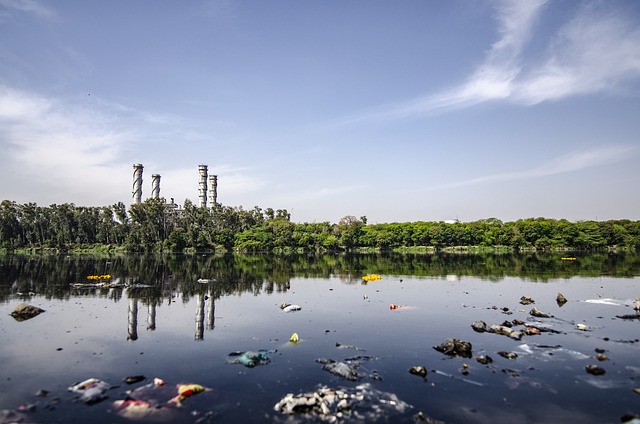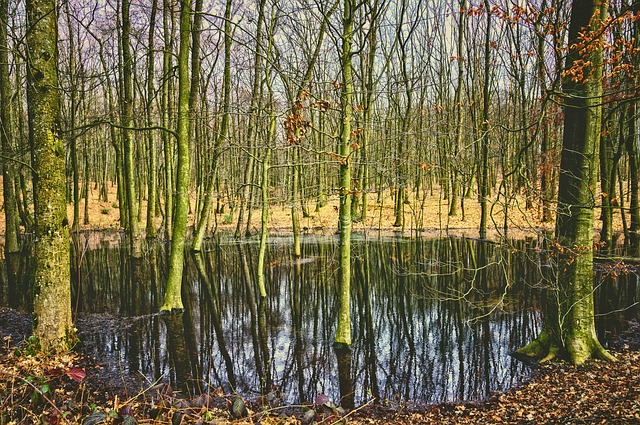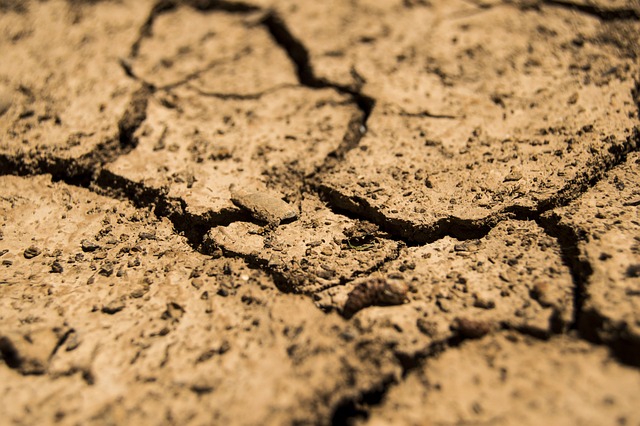Water Pollution in Pakistan:
Water pollution in Pakistan is one of the most pressing concerns and issues the country has faced since the beginning. We have no laws regulating our waters and regarding water pollution. There is a Canal and Drainage Act 1873 and the fact that it dates back to the colonial period in the subcontinent says a lot about the seriousness of the government in handling or tackling this issue. There has been no other law to curb or mitigate water pollution in Pakistan’s water ways which is why the situation has gotten very bad right now.
Check out: Impacts of Climate Change on Water Resources of Pakistan
In 1997 under the PEPA (Pakistan Environmental Protection Act) there is only a general statement regarding water pollution and discharge of effluents into water ways. And although there are other requirements and monitoring of liquid effluents for various industries and projects prior to their construction/operation and set up (carried out during EIAs and IEEs). Unfortunately, it is not sufficient and just a formality.
Causes and Effects of Water Pollution In Pakistan:
- Poor Infrastructure and no development. This is the first thing we require as without a proper system for wastewater disposal all industries dump their waste into waterways and rivers indiscriminately. Lack of bins on the streets or even a proper landfill site to begin with leads to people throwing plastics and all sorts of solid waste into the nearby drains that ultimately open into rivers like Indus.
- Lack of conscious effort on part of people. They do not think of the environment and instead just want to set up industries in areas where they do not have to install wastewater treatment plants or an easy way to dump waste into water. Now a days this has been curbed a little bit but many are still exceeding effluent limits and are in violation. Especially chromium discharge from tanneries that are detrimental to the aquatic system.
- Pakistan has one of the largest contiguous irrigation systems in the world, known as the Indus Basin Irrigation System (IBIS). The System comprises six major rivers, that is, the Indus, Jhelum, Chenab, Ravi, Sutlej and Kabul, and their catchments. However, since independence there has been no regulation and the large community and industrial setup around the Indus river which is the longest river, has lead to extreme pollution in the Indus basin and irrigation system.
- The water pollution of the Indus river has even lead to the decline of many endemic species like the Blind Indus Dolphin as well as trout and other species of fish are being endangered. Even in the Himalayan communities. The Indus River itself is dying due to the presence of extreme pollutants.
- The sewage system is pretty outdated and regular maintenance checks are not carried out. There is leakage from pipes carrying municipal waste that leaks into underground sources of drinking water like aquifers. This causes a problem for the local communities and is a major factor in the spread of communicable and water-borne diseases.
- Diffuse water pollution that occurs through other activities like power plants, fertilizers used in agriculture, crop residue and waste like manure that is discharged freely into waterways and drains. Even if these pollutants being released from different activities and source do not have a large or severe effect in the general water environment however, the effects of diffuse pollution is felt significantly at catchments of rivers.
Solutions or Suggestions for Controlling Water Pollution:
Of course, the first and foremost effective solution is better policies and new laws regarding release of pollutants into our already degraded rivers. Followed by stricter penalties and fines being imposed on all who dump waste into water openly.
A suggestion could be to impose a collective fine or penalty on a community living by a river or waterway. This would mean that even if the limit of water pollution or contamination in the region’s water exceeds they can be fined collectively. In the case that there is an industry upstream likewise, it can also be apprehended for dumping it. This will make people more conscious of their actions. Naturally, we also need better technologies and waste water treatment plants for the industries.
Check out: Now Water Pollution Can Be Cleaned Up Using Sunlight
Also check out: 10 New Innovative Water Purification Ideas and Techniques
We also need proper disposal means, collection and even recycling methods should be explored. Rainwater harvesting is a great way to combat water scarcity but to also prevent this water from turning into puddles. This water can be used and stored for other purposes. Related: 10 Easy Ways To Store And Use Rainwater In Your House
You may also like to read: Climate Change Impacts on Coastal Areas and Marine Resources of Pakistan
We hope you liked this post! Please comment below if you have any suggestions, comments or feedbacks! We at #envpk love hearing from readers! Thanks.




